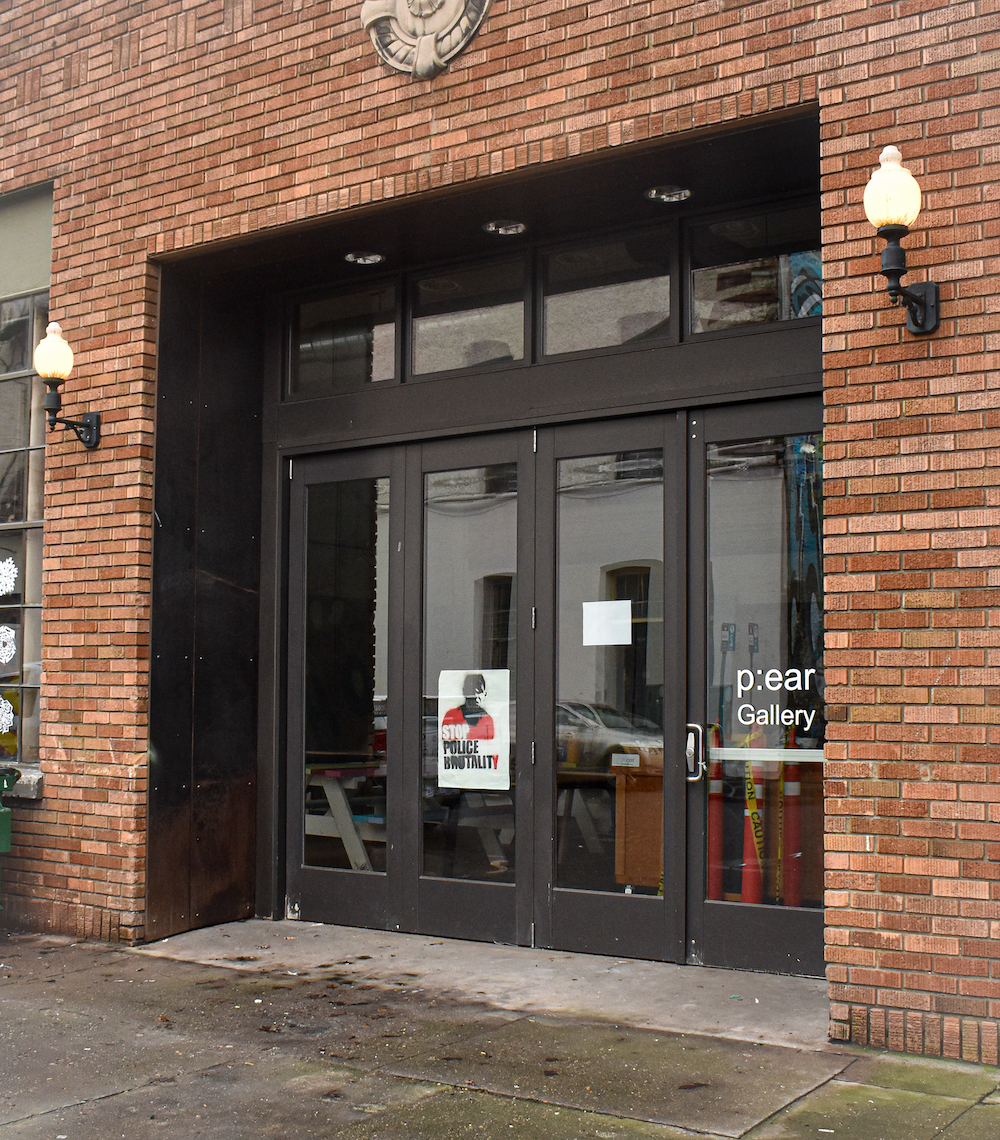Two PSU profs run for Portland School Board
“The motto of PSU is ‘Let knowledge serve the city,'” said Portland State University education professor Dilafruz Williams, explaining why she and another PSU faculty member are running for seats on the Portland School Board.
With four of seven seats open, the race has the potential to remake the powerful board at a time when primary education in Portland has drawn national criticism.
With the fate of measure 26-48 at stake, and with it the continued employment of more than 600 teachers across the county, the race for school board has fractured along tax lines.
“When I entered this race, I didn’t think that I would be running against Phil Knight of Nike,” Douglas Morgan said. Morgan, director of the Executive Leadership Institute, is the other PSU faculty member vying for a spot on the school board.
Earlier this week, the Oregonian reported that Nike founder Knight had given $50,000 of his own money to four candidates running on an anti-tax slate that critics have described as being devoid of substance.
“The purpose of the slate has very little to do with the reform of schools and more to do with perpetrating a ruse to inflame a group of voters who are predisposed against all tax increases,” Morgan said.
Dilafruz and Morgan, both of whom have been endorsed by the Oregonian, support the passage of measure 26-48.
At PSU, the two have worked together for years and share a number of goals for the board.
The first step the board needs to take, the two agree, is explaining to the community the importance of public education.
“Portland schools are at a crossroads,” Williams said. “We really need to restore public trust.”
Williams would like to start a newsletter to Portland parents that would help emphasize the positive aspects of the school district, previously one of the nation’s best.
Part of restoring confidence is making the workings of the school district transparent.
������
“The average citizen is clueless about the size and complexity of the schools,” Morgan said. “If the average citizen is clueless, they assume the worst. They assume that the buildings are filled with bureaucrats who spend their time wasting taxpayers’ money.”
Both professors believe the board could do more to close the “achievement gap,” the reality that low-income schools lag behind their more wealthy peers. And both cited the importance of restoring relationships between board members and with the teachers’ union.
Yet the two approach their respective races with diverse backgrounds and skills.
Williams teaches future teachers and principals, and has worked with education professionals at more than 70 of the county’s roughly 100 schools. She helped to start the environmental middle school in Portland, and followed school board business extensively when her son, James Williams, served as a student school board member in 2000.
As a professor at Portland State, Williams keeps an eye on national research and educational trends. As a former middle school teacher, however, she has her eye on what works in the classroom as well.
Williams, who has a master’s degree in public administration, emphasizes partnerships with local businesses, and promises to examine “every line item” in the budget.
Her skills compliment Morgans’, who freely admits he has no elementary teaching experience, though he’s taught college students for more than three decades.
This will be a strength, he says, on a board that has seen contention over union issues. He promises to take a frank look at why teachers believe their health insurance benefits shouldn’t be capped when nearly all other public employees’ are.
He points instead toward his extensive experience serving on boards and search committees, including the Public Utilities Review Board, and sees his role as one of working to unite the seven board members in a single voice.




